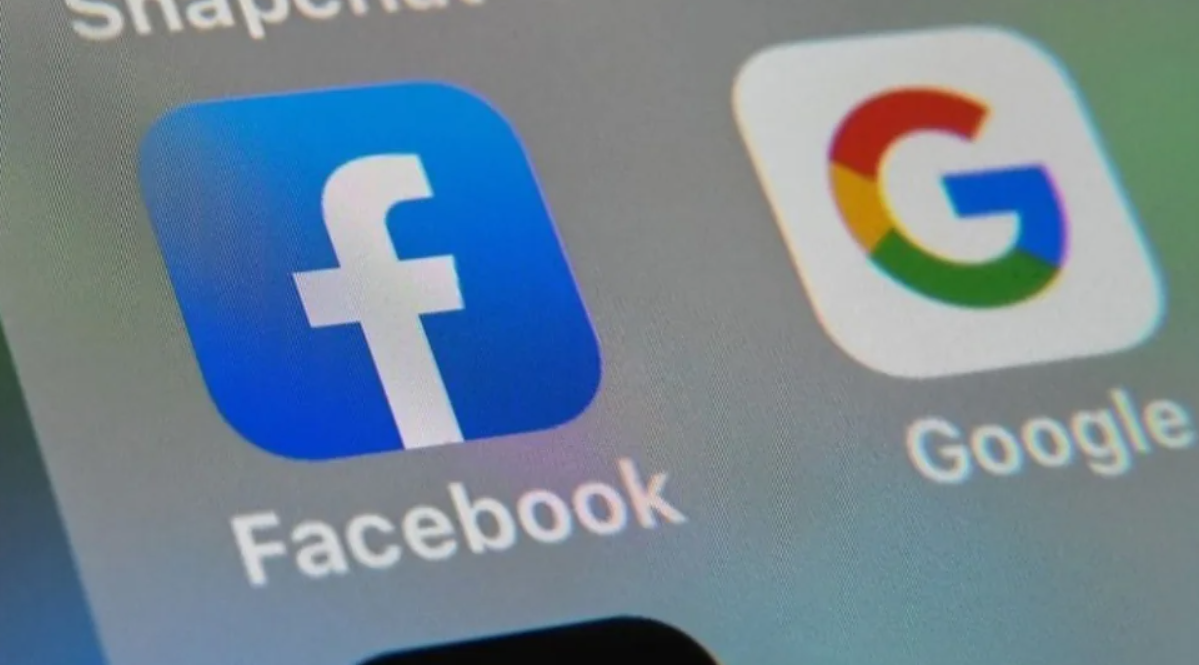On Monday, Facebook declared that it is planning two new undersea cables to connect Southeast Asia namely Singapore, Indonesia, and North America in an upcoming project with Google and other regional telecommunication companies to boost internet connection capacity between these major regions.
Facebook Vice President Of Network Investments, Kevin Salvadori told Reuters- “Named Echo and Bifrost, these will be the two cables to go through a new route crossing the Java sea. They will raise overall subsea capacity in the Trans-pacific by about 70%.
He didn’t give any clear explanation on the size of the investment, rather said “it was a very material investment for us in Southeast Asia.
Moreover, these cables will be one of the first ones to directly connect North America to one of the main parts of Indonesia and Singapore. Eventually, this will raise the connectivity for the central and eastern provinces of the world’s fourth most populated nation.
While talking about the manufacturing part, the Echo is being developed in partnership with Alphabet’s Google and Indonesian telecommunications firm XL Axiata and should be finished by 2023 said by Salvadori.
On the other hand, the second cable Bitfrost is being built in partnership with Telin- a subsidiary of Indonesia’s Telkom, and Singaporean conglomerate Keppel is due and will complete by 2024.
These two cables will need regulatory approval, with previous investment from Facebook to develop better connectivity in Indonesia. It is one of its top 5 markets globally.
According to a previous year survey by the Indonesian Internet Providers Association, around 73% of the Indonesian population of 270 million are online, accessing data via mobile data, with less than 10 percent using a broadband connection.
In 2020, facebook stated it would deploy 3,000 km of fiber in Indonesia across 20 cities to a previous deal to build public wifi hotspots.
Moreover, Salvadori said, Facebook was preceding its broader subsea plans in Asia, including with the Pacific Light Cable Network (PLCN). He added- we are constantly working with our partners to meet all of the internet needs of the people, we look forward to that cable being a valuable, fruitful transpacific going forward in the coming future.
Lastly, the 12,800 km PLCN funded by Facebook and Alphabet had met U.S government resistance over plans for a Hong Kong channel. It was mainly meant to link the United States, Hong Kong, Taiwan, and the Philippines. This plan would surely lead to a better internet-connected world and regions having a lack of services will soon have a great set of broadband connections.
Note: This news is based on millions of articles over the internet, Global Business Line does not take any responsibility for the facts and information mentioned in this news article.




